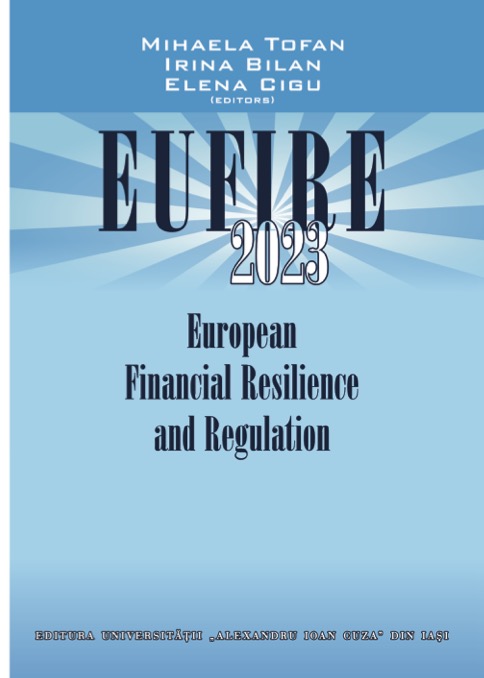CARBON PRICING IS A TOOL TO DECARBONIZE THE ECONOMY
CARBON PRICING IS A TOOL TO DECARBONIZE THE ECONOMY
Author(s): Natalia Zamfir, Pavel Zamfir
Subject(s): Economy, Law, Constitution, Jurisprudence
Published by: Editura Universităţii »Alexandru Ioan Cuza« din Iaşi
Keywords: carbon price; climate change; greenhouse gas emission; decarbonization; climate action law;
Summary/Abstract: This article identifies the modality of putting a price on carbon for helping shift the burden of damage from GHG emissions back to those who are responsible for it and can avoid it. Implementation of carbon pricing instruments can be an effective tool for achieving 2030 more ambitious targets of reducing GHG emissions by 2030 set up in the updated NDC2 Nationally Determined Contribution from 2020 (NDC2). The high vulnerability to both climate and external shocks (dependence on imports for energy) is the biggest economic challenge of the Republic of Moldova.This article aims at providing the approach to the problem of the legislative framework in Moldova is under a transition period from a passive environmental approach to a new modern strategy by turning climate and environmental challenges into opportunities whiletaking fairness, solidarity and cost-effectiveness.There are no provisions on climatechange mitigation and adaptation in primary legislation and no legal basis which creates concrete impediments in the law-making process and in the implementation of new administrative procedures harmonized with the EU standards,This article identifies the modality of putting a price on carbon for helping shift the burden of damage from GHG emissions back to those who are responsible for it and can avoid it. Implementation of carbon pricing instruments can be an effective tool for achieving 2030 more ambitious targets of reducing GHG emissions by 2030 set up in the updated NDC2 Nationally Determined Contribution from 2020 (NDC2). The high vulnerability to both climate and external shocks (dependence on imports for energy) is the biggest economic challenge of the Republic of Moldova.This article aims at providing the approach to the problem of the legislative framework in Moldova is under a transition period from a passive environmental approach to a new modern strategy by turning climate and environmental challenges into opportunities while taking fairness, solidarity and cost-effectiveness. There are no provisions on climate change mitigation and adaptation in primary legislation and no legal basis which creates concrete impediments in the law-making process and in the implementation of new administrative procedures harmonized with the EU standards, in strengthening clear institution obligations in data management and low data accessibility. The Republic of Moldova should set priorities for implementing legislative measures related to climate change, taking into consideration the on-going debate on the Energy Community Decarbonization Roadmap and based on the process of recent EU candidacy admission of the RM.We underline the necessity of elaborating on the new Climate Change Law, which will consolidate of adopted legal framework to implement measures to reduce greenhouse gas emissions by sources and enhancement of removals by sinks at a level that would prevent dangerous anthropogenic interference with the climate system.
- Page Range: 389-402
- Page Count: 14
- Publication Year: 2023
- Language: English
- Content File-PDF

